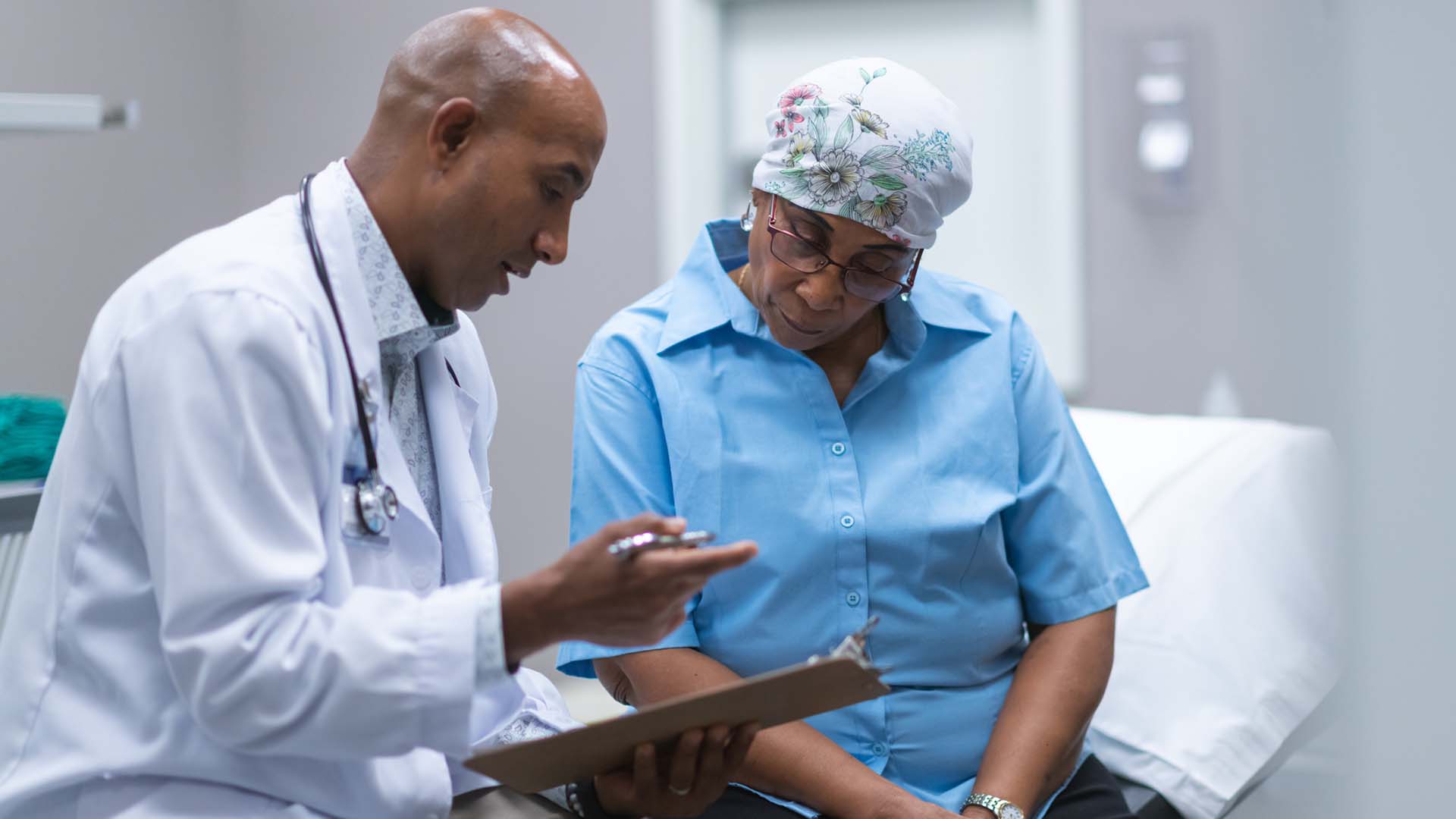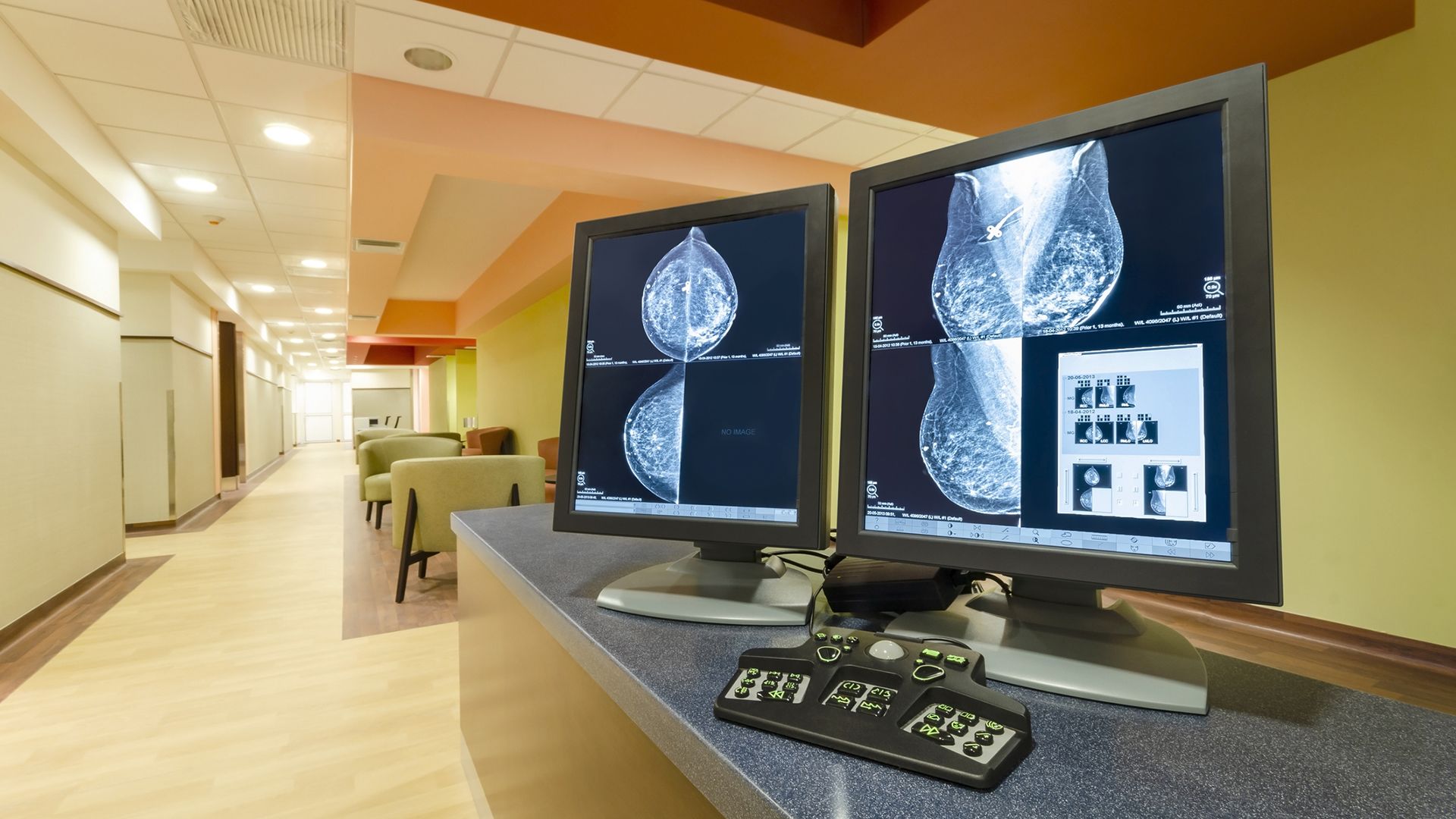Updated on October 17, 2025
Being diagnosed with metastatic breast cancer is a life-changing event, one that can leave a person feeling frightened, overwhelmed, and underprepared. It is essential to have the attention and guidance from your team of healthcare providers, as well as the love and support of your friends and family. But it can also be a major help to talk to other people with metastatic breast cancer—people who are faced with the same questions, challenges, and decisions that face you. This is why many people who are living with metastatic breast cancer participate in support groups.
What are support groups?
A support group is a meeting for people who share a common experience. There are support groups that focus specifically on metastatic breast cancer, and there are support groups with a broader focus, such as on breast cancer in general or all types of cancer. Any of these may be an option. There are also support groups for caregivers, family members, and children whose lives are affected by someone close to them who has cancer.
Meetings are typically led by an organizer or moderator who guides the conversation among the participants. Groups can vary in size, schedule, and focus. For example, some are focused on patient education, while others focus more on emotional support.
In addition to support groups that meet in person, there are also online support groups and communities where you can communicate with group members via posts, instant messages, and video chats. One benefit of an online support group is that you have access to it at any hour, day or night. They are helpful to people who are unable to travel to meetings, as well.
How can support groups help?
While friends, family, and loved ones can offer support, only other people who are living with metastatic breast cancer can understand what the experience is like. Support groups offer a safe, encouraging environment where you can share what you are experiencing and be there for others who want to share their experiences.
Support groups are also a good resource for learning about metastatic breast cancer. If you want to know what questions you should be asking your healthcare team, how you can cope with treatment side effects, advice on sharing your diagnosis with loved ones, or anything else about living with the disease, you’ll have people to ask. While support groups can be an excellent source of information, always verify any information you receive with your healthcare provider.
Where can you find a support group?
As with many things, an internet search is one possible starting point for finding a support group. Search for metastatic breast cancer support group plus your county or zip code to see if there are any local listings. Many cancer awareness and advocacy organizations list support groups on their websites, and some host online support groups. There are also numerous Facebook communities for people who are living with metastatic breast cancer.
Another option when looking for a support group is to ask your healthcare provider, hospital, or cancer center. Many hospitals and healthcare centers offer support groups or may be able to direct you to an organization that does.
It’s important to keep in mind that support groups are not a one-size-fits-all situation. Different groups have different personalities and dynamics. If you try a group and it doesn’t feel right, you can try another. You may even consider organizing and hosting a support group yourself. Reach out to local cancer centers, hospitals, and advocacy groups for information about getting started.






